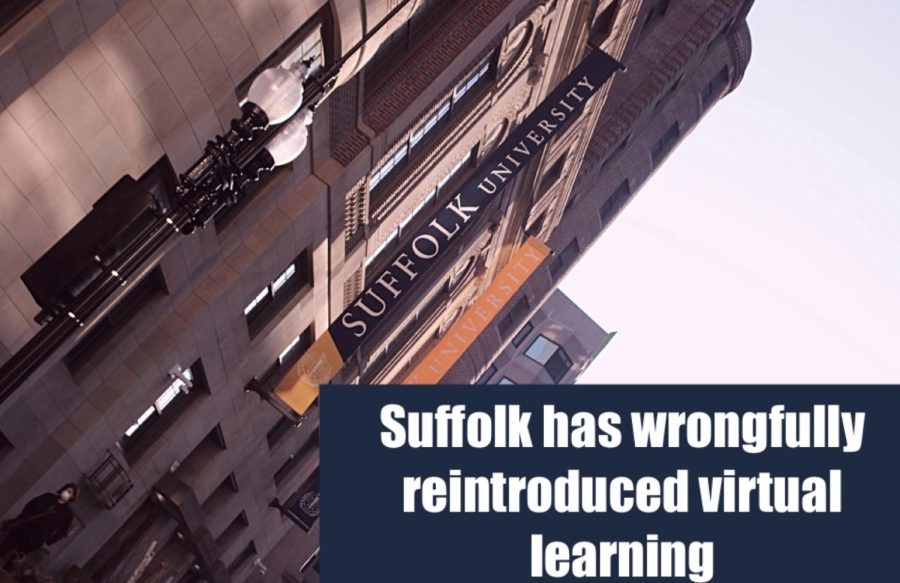Massachusetts has the second highest cost of living in America only trailing Hawaii. A major factor contributing to this housing price increase is the scarcity of homes. The simple fact is Massachusetts needs more affordable homes.
Although Massachusetts leads the nation with an average annual salary of $80,000, this does nothing to help low-income families getting priced out of housing.
Extremely low income (ELI) is a good measure of the income level in a given area. To be considered extremely low-income, you have to make 30% of the median income for a given area. In Massachusetts, there are 316,000 of these homes, but there are only 145,000 available and affordable rental homes.
That is a gap of about 171,000 housing units. In an attempt to close this gap, Gov. Maura Healy signed The Affordable Homes Act. This bill is set to authorize $5.16 billion to counter rising costs statewide over the next five years.
While this is a good start, it creates about 65,000 affordable living spaces. That is only about one-third of the homes needed and it will take five years to get these homes.
An important part of this bill is the real estate transfer tax. In short, this is a tax based on the total sale of a property. In Massachusetts, the average tax is $4.56 per $1,000. On a $650,000 sale, the transfer tax would be 2,964 dollars. That’s 0.0456%.
This money can be reallocated to things like affordable housing.
However, there are outspoken detractors to this bill like Allison Drescher, president of the Small Property Owners Association, who told lawmakers her group believes a part of the bill allowing any city or town to impose additional fees on high-value real estate transactions does more to hurt housing supply than help.
We need more bills like this that take a tax from high-income properties and reinvest that money back into the community.
This tax is paid by the seller, so it takes a little off the top of someone making a half-million-dollar transaction to help people struggling to afford housing.
Bills like this are what we need going forward.
The Metropolitan Area Planning Council found that the fee would apply to about 13.7% of residential sales statewide. More than half of transactions in which the fee would have been applied were conducted by investors or corporate entities.
These fees don’t affect everyday people selling their homes; they affect corporations buying large properties. These corporations restrict the market and drive up housing costs.
In addition to this, corporations take the familiarity out of neighborhoods. Single-family homeowners and landlords have an obligation to their community that corporations do not.
By forcing these corporations to invest in the community, it makes the purchase of these large rental properties help everyday people like me and you.
Boston and Massachusetts as a whole should look at strategies like the real estate transfer tax as a tool to make housing more affordable.























sharon • Sep 25, 2024 at 4:05 pm
It’s said when you work in the construction industry helping build homes that you can not afford does that make any sense. Also congesting the city is not helping either, some people don’t want to be looking in the other person’s bathroom, what happen to space and we wonder why animals are coming out of the woods. Stop tearing down the their habitat. Also clean up the streets with all these fentanyl people and find them a place to go, trust believe me government has money!, This state doesn’t take care of the ones who have helped build and lived and worked here all their lives, what the state is doing is pushing them out and its sad and it should not be happening. As far as rent its ridiculous the money they are asking for these prefabricated apartments, basically same material different color cabinetry, u are paying for the ammenities which u have to find time to use because u are working crazy shifts just to pay rent , plus utilities ,eating, health, and other mandatory bills . Some people don’t like living in all these high rises that are being build, me personally don’t like them no privacy and no space.
Housing should be equal for all, because one day u made be doing good and next day everything is gone nothing promised to no-one so lets cut it with this labeling because its unfair.